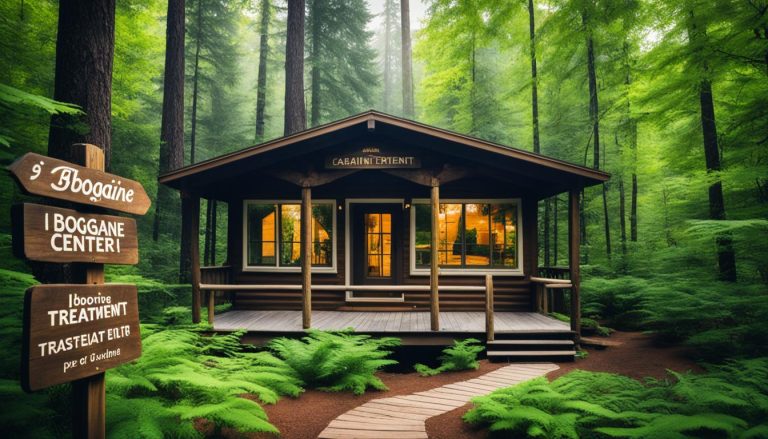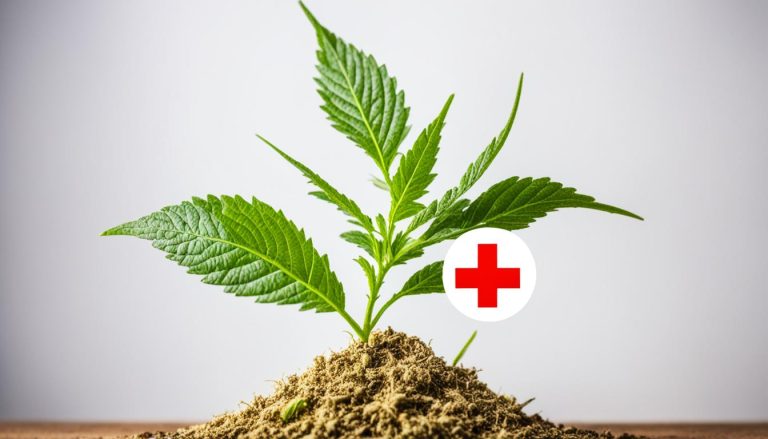Why Is Ibogaine Illegal In The United States?
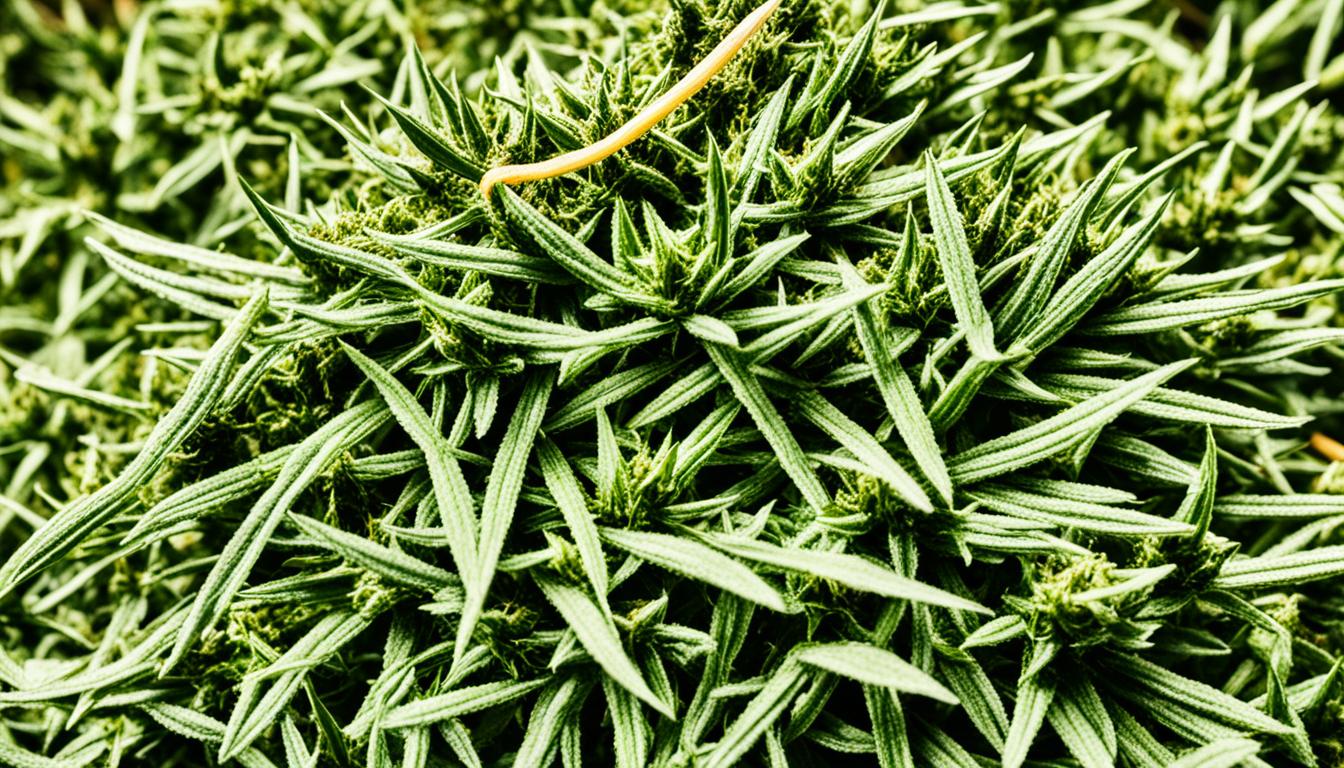
Ibogaine is a natural psychoactive substance. It’s banned in the U.S. and tagged as a Schedule I drug under the Controlled Substances Act (CSA). This means it’s seen as highly addictive, with no recognized medical use, and not safe even with medical supervision. Despite evidence of its effectiveness in treating addiction, safety concerns and the War on Drugs’ legacy play big roles in keeping it illegal. This ban makes it hard to study ibogaine further, limiting our knowledge of its true benefits.
Key Takeaways
- Ibogaine is classified as a Schedule I drug under the Controlled Substances Act in the United States.
- Concerns regarding safety and potential for abuse underpin its illegal status.
- The political climate during the War on Drugs influenced its banning.
- Ibogaine’s legal restrictions impede research efforts into its therapeutic benefits.
- Understanding ibogaine’s full potential in addiction therapy remains limited.
Overview of Ibogaine
Ibogaine comes from the root bark of a West African shrub. It is important to explore its roots, traditional use, and medical interest today. This is especially true for its role in treating addiction.
What is Ibogaine?
Ibogaine works in two ways. At low doses, it acts as a gentle stimulant. But at high doses, it has strong psychedelic effects. It has helped people seeking freedom from substance abuse. This shows its value in addiction treatment.
Origins and Traditional Use in Indigenous Cultures
Ibogaine is significant in Gabon’s spiritual ceremonies. Indigenous cultures use its hallucinogenic properties in rituals. This highlights the need for indigenous medicine legalization. These practices are crucial for cultural and healing purposes.
Ibogaine in Modern Medicine
Even though it’s not approved in many places, like the U.S., ibogaine draws attention for treating addiction. Studies show it may help by reducing cravings and easing withdrawal. Still, debates over ibogaine legality affect its use and research.
The Controlled Substance Act and Ibogaine
The Controlled Substances Act (CSA) is crucial for understanding ibogaine’s legal standing in the US. Being a Schedule I drug means ibogaine is considered highly abusable. It’s seen as having no accepted medical use and unsafe without medical oversight.
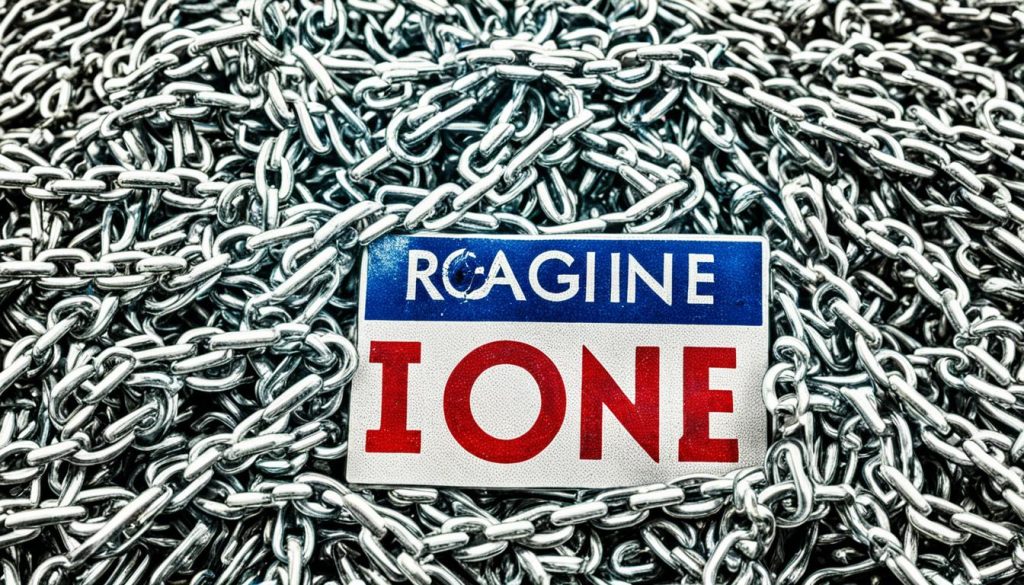
Ibogaine’s Legal Status under the Controlled Substance Act
The law strictly forbids ibogaine for any medical use because of its classification. The FDA weighed in, pointing out risks and abuse possibilities. They found not enough proof of medical advantages.
Classification as a Schedule I Drug
As part of Schedule I, ibogaine is with the most tightly controlled substances. Drugs like heroin and LSD are in this group too. This reflects tough regulations to stop abuse. The status bans prescribing and spreading it, blocking serious medical studies in the US.
Impact of Legal Classification on Research
Being Schedule I means big obstacles for ibogaine research in terms of access. Researchers face hard times gaining approvals and funding. This makes in-depth studies rare. So, most research is in less strict countries, leaving a void in solid clinical trials. This makes changing its legal state tough.
Why Is Ibogaine Illegal In The United States?
Ibogaine is a Schedule I substance in the U.S. This is because it’s seen as having a high abuse risk with no medical value. This makes it hard for doctors to study or use it for therapy.
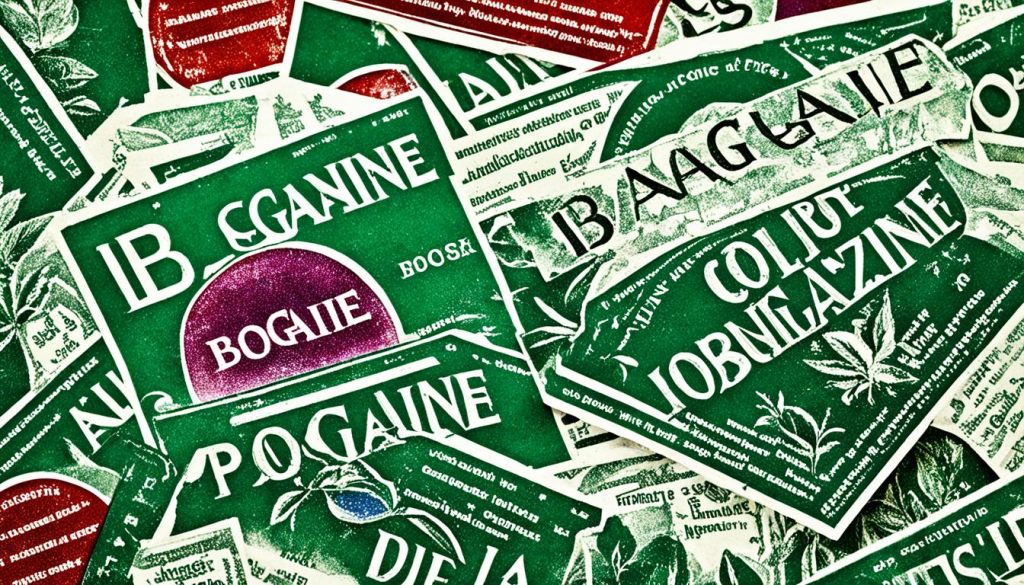
The War on Drugs influenced ibogaine’s illegal status. Stricter drug laws have blocked research into its benefits. Despite stories of it helping with addiction, research is limited. This stops progress in finding new treatments.
| Factors | Impact on Ibogaine Legality |
|---|---|
| Psychedelic Drug Laws | Stringent regulatory barriers halt its therapeutic use. |
| Safety Concerns | Lack of extensive clinical trials raises safety issues. |
| Addiction Treatment Potential | Restricted research limits understanding of benefits. |
| Political Climate | Historical policies continue to influence current status. |
Ibogaine as an Addiction Treatment Alternative
Ibogaine offers a new hope for beating addiction, intriguing scientists and those needing new solutions. It stands out from usual rehab methods.
Potential Benefits in Addiction Treatment
Ibogaine is known for stopping addiction in its tracks and easing withdrawal. Many say it cuts cravings and brings clear thinking back. It’s seen as a bright spot for those fighting addiction.
Clinical Studies and Anecdotal Evidence
Clinical research on ibogaine is still growing, but stories from those who’ve tried it show promise. Studies outside the U.S. have found big positives, pointing to a need for more research on its benefits and accessibility.
Challenges in Mainstream Acceptance
Ibogaine’s journey to acceptance is uphill. Its status as a Schedule I drug limits its use, creating a challenge. There’s also a push for safe, standard dosing. Overcoming these barriers is key for ibogaine’s role in addiction treatment.
Drug Policy Reform and Harm Reduction Approaches
The talk about changing drug policies is getting louder in the US. Harm reduction methods are being seen as good ways to deal with drug abuse and addiction. This part looks at the talks about policy changes, new harm reduction ways, and the strong reasons to legalize ibogaine. Ibogaine is a psychedelic drug that could help fight addiction.
Current Debates in Drug Policy Reform
Lately, there’s more debate about changing drug policies. This is because we need better solutions than just punishment. People are pushing for plans that care more about health and safety than just enforcing laws. They’re also looking at how drugs like ibogaine are grouped under the Controlled Substances Act. This is part of a larger talk about changing the laws on psychedelic drugs.
Harm Reduction Strategies
Harm reduction means trying to lessen the bad health effects from using drugs. These methods have places where people can safely inject drugs, programs for exchanging needles, and treatments helped by doctors. Now, they’re thinking about including ibogaine. It might help reduce withdrawal symptoms and prevent people from falling back into addiction. More people now see addiction as a health issue, not a crime.
Arguments for Legalizing Ibogaine
People who want ibogaine legal say it could really help treat addiction. They believe we can make rules to use it safely and avoid misuse. Here are their main points:
- Government-led clinical trials to test how well ibogaine works and its safety.
- Using it in harm reduction plans to offer new ways to help people.
- Thinking over its drug law status to make it easier to use for health.
These talks are part of a bigger push towards changing drug policies. The goal is to focus on public health and find better ways to step in.
| Key Issue | Traditional Approach | Reformed Approach |
|---|---|---|
| Substance Abuse | Punitive measures | Harm reduction |
| Addiction Treatment | Limited options | Inclusion of innovative therapies |
| Drug Scheduling | Restrictive classifications | Reevaluation for medical use |
Conclusion
Ibogaine is illegal in the United States because it’s listed as a Schedule I substance. This means it’s seen as having a high chance for abuse with no accepted medical use. This makes it hard to study and accept in health care.
Yet, there’s hope due to talks about changing drug laws and finding safer ways to treat addiction. Changes in how we view drugs could lead to a new look at ibogaine’s legality. This might allow more research and even make it legal or decriminalized.
The path for ibogaine in legal and health circles relies on ongoing support, new research, and changing opinions. As efforts to reform drug laws grow, the debate on its legality in the US could change. This may open doors for it to be used in overcoming addiction.

